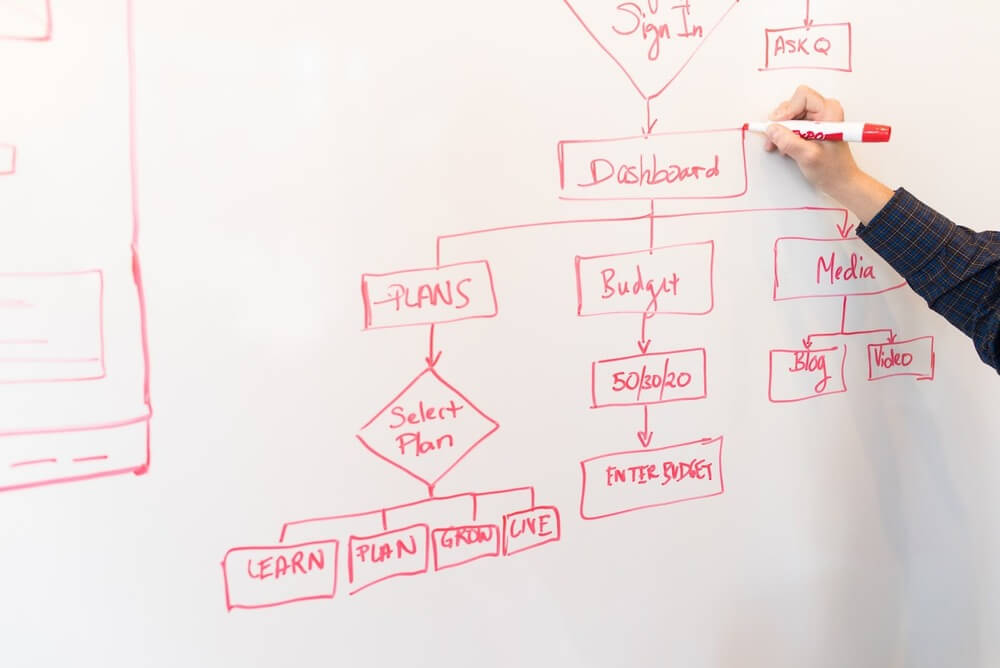In the realm of business, one common challenge that every organization faces is managing overdue invoices.
Unpaid invoices can disrupt cash flow, strain relationships with clients, and hinder the growth of your business.
However, by implementing effective strategies and employing tactful communication, you can streamline your invoicing process and maximize your chances of receiving prompt payments.
In this article, we will discuss some key steps to efficiently handle overdue invoices.
Clear and Concise Invoices
The first and foremost step in preventing overdue payments is to ensure that your invoices are clear, accurate, and easy to understand.
Clearly state the due date, payment terms, and any late fees or penalties that may apply.
Including all relevant details, such as purchase order numbers and a breakdown of services provided, will help eliminate any confusion or disputes regarding the invoice.
Timely and Polite Reminders

Photo by Andrea Piacquadio:
Regularly sending reminders to your clients about upcoming or overdue payments is crucial in maintaining a healthy cash flow.
Start by sending friendly reminders a few days before the due date to give your clients ample time to process the payment.
If the payment becomes overdue, escalate the reminders gradually, increasing the frequency and assertiveness.
Remember to maintain a polite and professional tone throughout the communication, as it is important to preserve your client relationships.
Personalized Follow-ups

Photo by Saliem Moeslan:
If your polite reminders fail to yield results, consider personalizing your follow-up communication.
Reach out to the client directly, either by phone or email, to discuss the overdue invoice.
Inquire about any issues or concerns they may have and offer to assist in resolving them.
Sometimes, a personalized approach can help uncover the underlying reasons for delayed payments and pave the way for a swift resolution.
Negotiate Payment Plans

Photo by Alexander Suhorucov:
In some cases, clients may be facing financial difficulties that hinder their ability to pay in full.
In such situations, consider offering flexible payment plans to accommodate their circumstances.
Breaking down the total amount into smaller, manageable installments can make it easier for the client to meet their obligations while ensuring a steady stream of income for your business.
Document any negotiated agreements and set clear expectations to avoid future misunderstandings.
Escalation Measures
If all attempts to collect payment fail, you may need to escalate the matter further.
Consider involving a collections agency or seeking legal assistance to recover the overdue amount.
Before taking this step, carefully evaluate the potential impact on your business relationship with the client.
While it is crucial to protect your interests, maintaining a positive business reputation and preserving client relationships should also be taken into account.
Streamline Invoicing Processes

Photo by Christina Morillo:
Preventing overdue invoices begins with an efficient invoicing process.
Implementing automated systems or using accounting software can help streamline the generation and tracking of invoices, reducing the chances of errors or oversights.
Set up reminders and notifications to ensure timely follow-ups, and regularly review your invoicing procedures to identify any areas that can be optimized for efficiency.
The Conclusion
Effectively managing overdue invoices requires a proactive and systematic approach.
By ensuring clear invoices, sending timely reminders, personalizing follow-ups, and exploring flexible payment options, you can increase the likelihood of receiving payments on time.
Should the need arise, escalate the matter appropriately while considering the impact on client relationships.
By streamlining your invoicing process and adopting these strategies, you can maintain a healthy cash flow, foster strong client relationships, and propel the growth of your business.